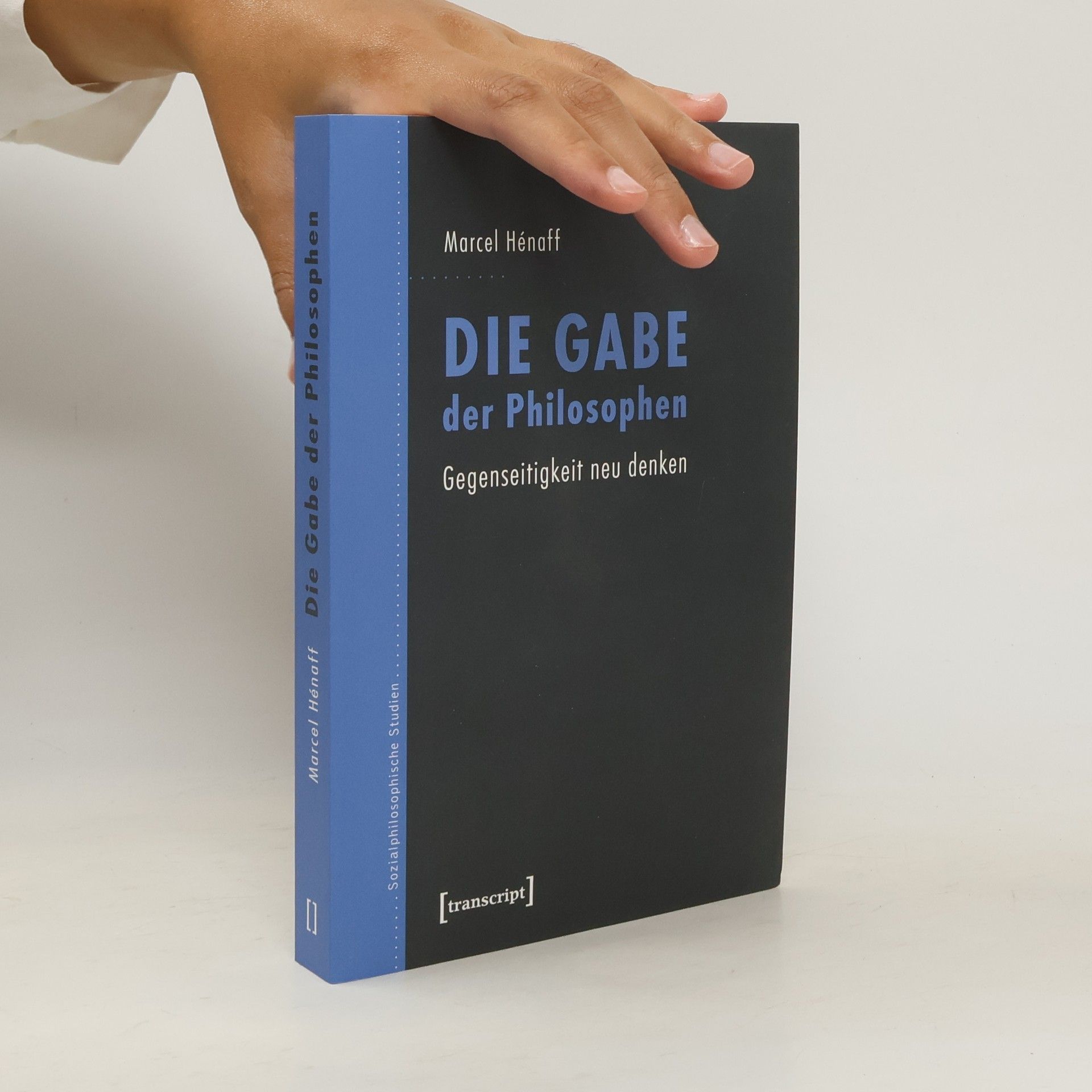Der philosophische Diskurs um die Gabe erfährt seit geraumer Zeit eine Renaissance. Trotz vieler Unterschiede sind sich Philosophen wie Derrida, Levinas, Ricoeur und andere in einem zentralen Punkt einig: In ihren Augen ist die einzige wirkliche Gabe eine Gabe ohne Erwiderung. Jedwede Gegenseitigkeit scheint ihnen von vornherein mit einem ökonomischen Tausch verbunden zu sein und damit das Wesen der »reinen« Gabe zu verfehlen. Doch können wir die Stiftung des sozialen Bandes gänzlich ohne ein Verhältnis der Gegenseitigkeit denken? Marcel Hénaff interveniert in diesen Diskurs, indem er zeigt, dass verschiedene Arten der Gabe unterschieden werden müssen. Die wohltätige Gabe und die solidarische Gabe kennen die Forderung nach Gegenseitigkeit nicht. Diese steht jedoch im Mittelpunkt der zeremoniellen Gabe, die in erster Linie eine Entscheidung für das Bündnis ist, eine Geste gegenseitig gewährter öffentlicher Anerkennung, wodurch sich das typisch menschliche soziale Band als politisch erweist.
Marcel Hénaff Book order (chronological)
